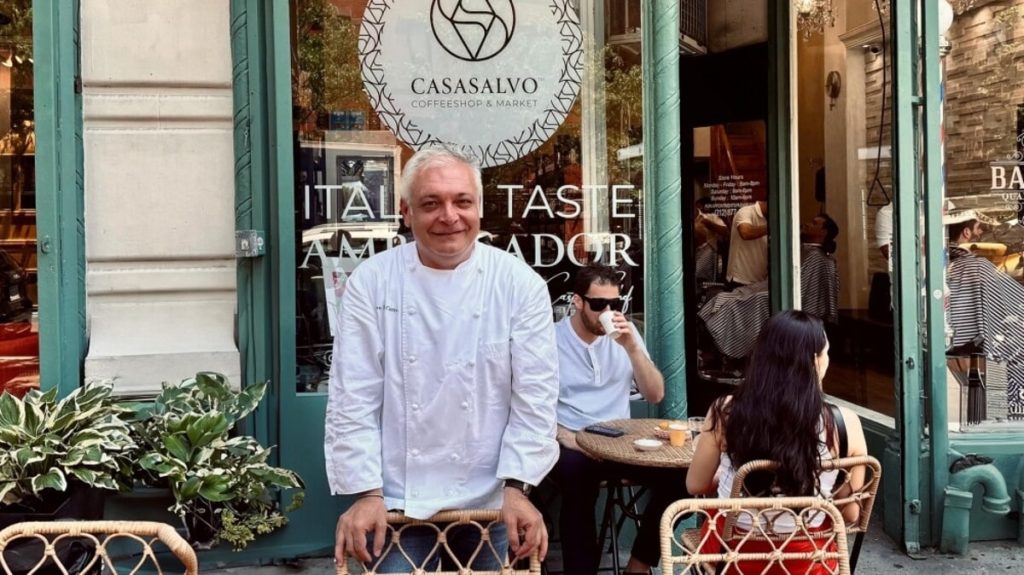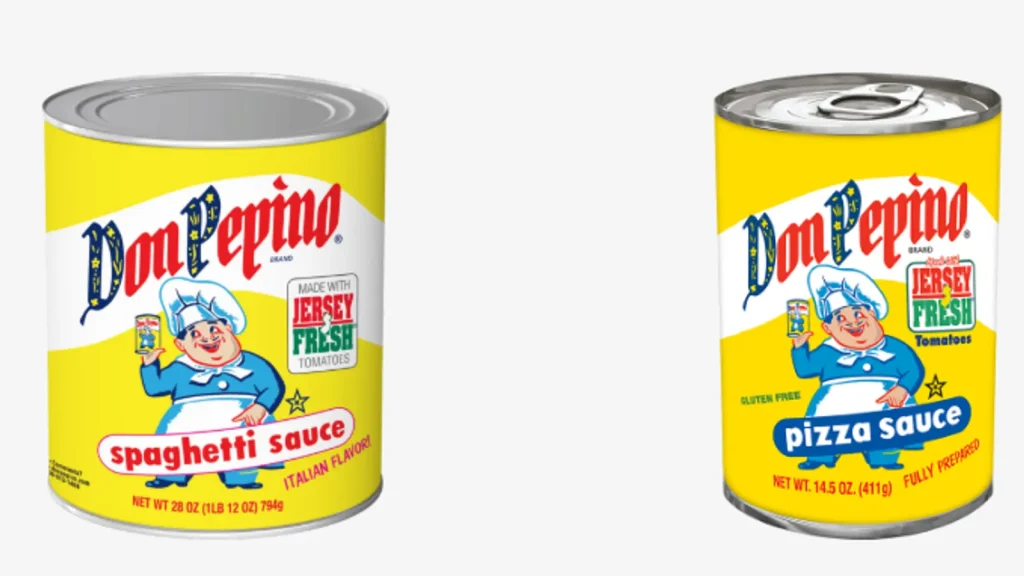In Times Square, where the chaos of New York reaches its daily crescendo, there is a new place that doesn’t ask you to rush. Instead, it invites you to pause. Casa Salvo is not loud. It doesn’t need to be. With the quiet confidence of something well made, it introduces Italian heritage into the city not with clichés, but with care.
This isn’t the kind of Italian café that plays tarantella music or overuses red-checkered tablecloths. At Casa Salvo, the espresso is strong, the lights are soft, and the design is clean—an environment where the old blends seamlessly with the new. You walk in for a maritozzo or a macchiato, and you leave with something that feels like a memory.
Italian, but Not Imitated
Founded by Sicilian-born chef Salvatore Lo Castro, Casa Salvo reflects a different way of exporting Italian culture. It’s not about performance—it’s about presence. The pastries are made the way they’re made in Naples, Palermo, or Rome: slowly, respectfully. Sfogliatelle are crisp and warm; cannoli are filled only at the moment of order; cornetti are rich but not greasy. There is no rush to reinvent—only to represent.
A Quiet Statement in the Middle of Noise
Located at 1675 Broadway, Casa Salvo is nestled between neon signs and the fast footsteps of midtown crowds. Yet, stepping inside is like entering a different city entirely. The interiors are minimalist but warm—terracotta tones, shelves lined with olive oil, handmade ceramics from the south of Italy, and tables meant for more than laptops. It’s a place where you could sit alone for thirty minutes and not feel watched or rushed.
In the back corner, a small retail area offers Italian pantry staples: pasta, wines, jams, and sauces carefully selected from small producers. It’s not merchandising—it’s curation. Each item feels like a message from another part of the world.
Not Just Another Expansion
Casa Salvo opened its first location on the Upper West Side in 2024, quickly gaining a following among New Yorkers looking for a more grounded kind of Italian experience. The Times Square venue, which opened in April 2025, signals a new phase. But the brand resists the typical expansion logic. There’s no talk of dozens of franchises or aggressive rollouts. Instead, there’s talk of neighborhoods, of adapting to the rhythm of each new city without losing the original tempo.
Lo Castro, who spent nearly three decades working in five-star hotels and fine dining around the world, seems less interested in luxury now, and more interested in meaning. Casa Salvo is his personal answer to years of working in places where food became performance.



